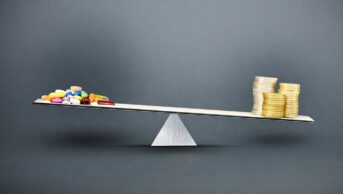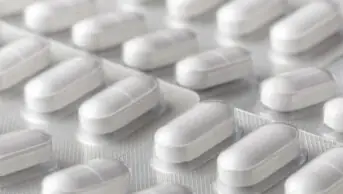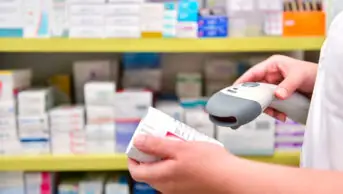The pharmaceutical industry has paid £150m to the NHS in the first six months of 2014 under the new terms of the Pharmaceutical Price Regulation Scheme (PPRS), which was agreed with the Department of Health (DH) in November 2013. This includes the £76m for the second quarter of 2014, which was announced on 12 September 2014.
The PPRS is a voluntary agreement between the pharmaceutical industry and the DH, which is negotiated every five years. It is designed to ensure that the NHS can buy branded medicines at a reasonable price while ensuring a fair profit for industry.
Under the new agreement, the NHS stipulated no growth in expenditure on medicines in 2014 and 2015, capping the drugs bill at £12bn a year, with a growth in spending in the following three years capped at less than 2%.
The difference between the agreed expense and actual expense is paid to the NHS by the pharmaceutical industry.
To calculate this difference, the DH and the Association of the British Pharmaceutical Industry predicted that the growth in spending by the NHS in 2014 would be 3.74% and that this would be paid back. In the first quarter of 2014 the NHS spent £1,983m on medicines covered by the PPRS, which is assumed by the two parties to include the predicted 3.74% growth, equalling £74m, which industry has now repaid to the NHS.
In the second quarter, spend reached £2,025m, meaning industry paid £76m. As yet the data has not been audited and so these figures could be subject to revisions.


